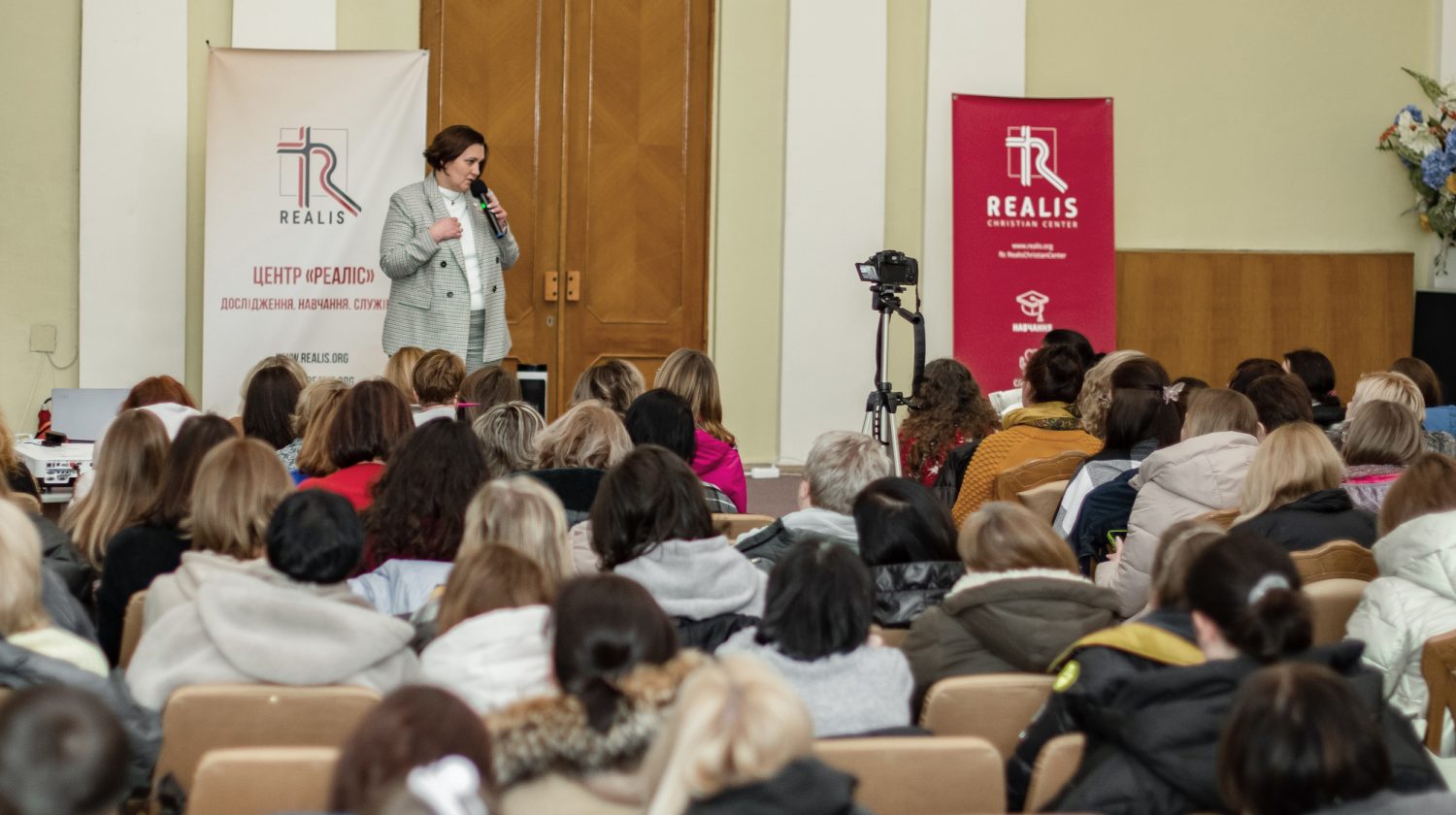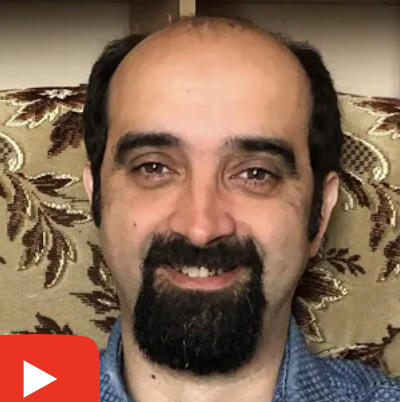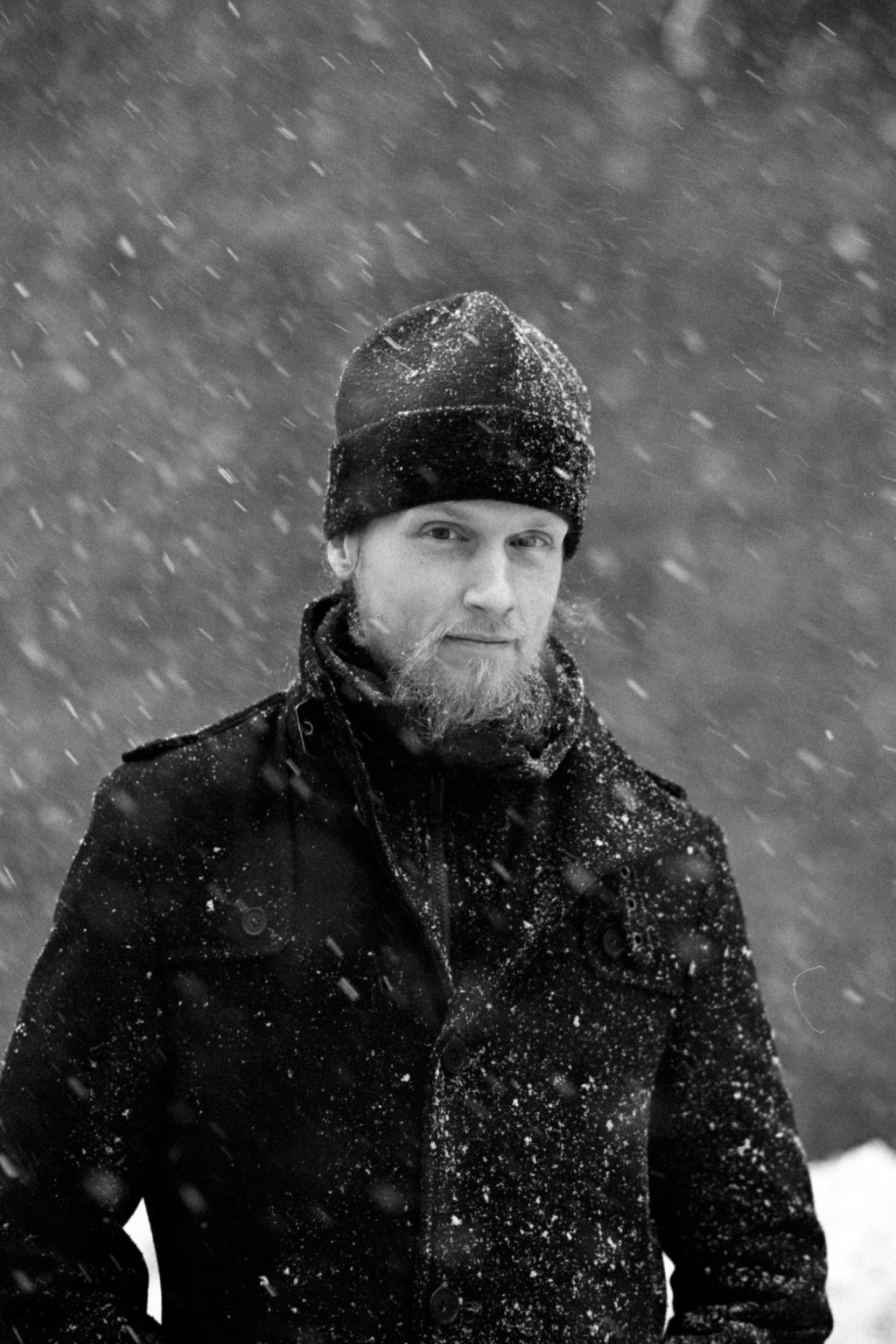This program is for
Christians
Those interested in studying contemporary theological thought on the digitalization of society and religion.
Leaders and pastors
Who want to extend the church presence in the media space.
Specialists
on digital media who work in Christian area
How will the education process be conducted?
Online lectures with engaging instructors and interactive breaks will take place on Fridays or Saturdays.
The in-person part of the program will be held in Vorzel (Kyiv region) during the workweek. If attending in person is not possible, participants can join the session online.
Program
- First Psychological Aid
- Digital Theology
- Social Media and Digital Culture
- Media in Church Ministry
- Artificial Intelligence and Ministry
- Christian Ethics
- Church, Community, and Mission
- Communication in Crisis Situations

Formats of studying
Certificate
- Free attendance of 3 optional modules from the program
- Access to all Zoom lectures and seminars of the certification program on the same level as students
- Interaction and communication with other students
- Access to the academic library and student chat
- Opportunity to build a publication portfolio with instructors’ guidance
Master's program
- The master’s diploma is issued by the Christian Center REALIS and is not a state-recognized diploma
- Includes 3 modules from the certification program and 5 master’s modules
- Requires writing theological reflections for each of the 5 modules and a thesis
- Academic work in the field of humanities
- Research work in a progressive area of scholarly theology
- Participation in academic conferences and debates
- Opportunity to select and research an unexplored area of ethnographic material
Diploma
- Includes 3 modules from the certification program
- To receive the certificate, participants must attend at least 50% of online classes and complete interactive reflection assignments
- Access to all program materials
- Support in preparing reflections and publications
- Access to a cloud repository of scholarly publications related to the lecture topics
- Portfolio of quality publications with analytics on their views
- The certificate grants the right to pursue a master’s diploma
You will be able to do
- Create stories with an understanding of audience preferences and perceptions of Christianity online
- Organize the work of digital media specialists based on best practices
- Develop a vision for the growth of the church’s media ministry
- Engage a virtual audience with the church
- Prepare visual materials for publications considering audience perception of the content
- Develop digital media analytics based on a scholarly foundation
- Build a church-related community in the digital space

Lecturers
Іван Білодід
Андрій Мелешко
Cерій Тимченко
Брайан Відбін
Марк Мейнел
Reviews
Registration
Fill out the form, and we will contact you within 2 days to clarify details and payment.
Q&A
REALIS has adapted course materials taught in Western universities and seminaries for Ukrainian students. This course is based on English-language monographs by contemporary Western theologians, sociologists, and church pastors. Mastery of the material is assessed through seminars and the completion of students’ independent assignments.
First and foremost, the seminar is a space for students to present their personal views on the topic studied. It is your time to share fresh ideas, test your own theses, and articulate your vision of the subject under study.
We encourage students to develop practical skills and build a professional portfolio of their own publications on social media. If they wish, students can publish journalistic posts on social media and websites related to lecture topics as independent student work. At the same time, the classical forms of independent work in the humanities—essays and term papers—remain, which you can share with your peers during the seminar.
Assignments are reviewed separately by two REALIS instructors, who provide the student with feedback on their independent work.
Students must complete the full course, submit all independent assignments for each module, and write a master’s thesis.
The REALIS diploma is an educational institution’s document certifying the completion of the course material. The Christian Center REALIS has been providing education for over 20 years and is a respected institution in Ukraine; its reputation guarantees the knowledge acquired by graduates. A course graduate can use the diploma to apply for further academic studies at the REALIS master’s program or at other educational institutions.
A master’s diploma is an academic degree awarded based on the taught material and the student’s independent work.
At present, the REALIS Center does not issue state-recognized diplomas, yet we operate according to international standards of educational quality within the framework of the Bologna system. Our programs meet international standards in terms of credit load, learning formats, and quality of instruction.
No, REALIS does not award a bachelor’s degree.
In our course, we examine the body of scholarly works that focus on the practical aspects of using social media in church practice and Christian missions.
This is a part of theology that studies digital transformation, digitalization, society, and religion.
With the general digitalization of society, many Ukrainian churches have implemented digital communication channels to reach their audiences. Administrators and volunteers managing these channels need knowledge at the intersection of theology and digital ethnography to effectively convey their message to the audience.
Broadcasting a worship service is not a complete or fully authentic form of worship; therefore, we critically examine aspects of worship through digital media and study methods to best engage the church’s virtual audience in live worship.
We will explore which messages work best for different media platforms and audiences, and help you develop Christian practices of prayer and worship for your audience based on the reflective study of the practical experiences of other churches.
We believe that all saved Christians are part of the one Church, which Christ established on earth. Therefore, if Christ has saved them and joined them to His Church, how can we claim that those present online are not part of the Church, or that a virtual church is not real?



